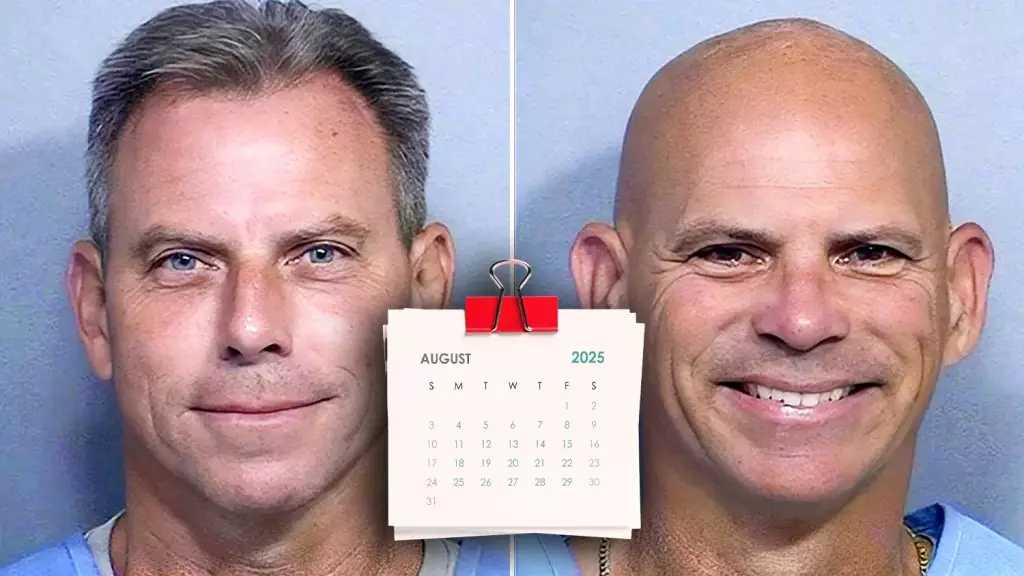The gripping saga of Erik and Lyle Menendez, who have been incarcerated since the late 1980s for the brutal murder of their parents, continues to captivate public interest and provoke fervent discussion. Recent developments have revived hopes for their eventual freedom. On May 13, L.A. Superior Court Judge Michael Jesic ruled to re-sentence the Menendez brothers to 50 years to life, making them eligible for parole. This ruling not only defied the Los Angeles County District Attorney Nathan Hochman’s push against their early release but also illuminated the deeper complexities surrounding their case.
Judge Jesic’s conclusion that the brothers do not pose “an unreasonable risk” to society is significant. Nearly three decades after receiving life sentences without parole, this ruling raises critical questions about the nature of justice and rehabilitation in our legal system. It aligns with a growing recognition of how trauma and childhood abuse can shape criminal behavior and underscores the need for a judicial system that considers these factors comprehensively.
The Transformation of the Felons’ Future
The repercussions of this ruling extend beyond immediate eligibility for parole. Scheduled clemency hearings ordered by Governor Gavin Newsom for June 2025 have been converted into initial parole suitability hearings, signaling a pivotal shift in the trajectory of the Menendez brothers’ lives. This progression not only highlights the evolving conversation around juvenile offenders but also reflects a broader societal re-evaluation of penalties associated with violent crimes rooted in profound psychological distress.
At the heart of this case is an alleged narrative of self-defense. Erik and Lyle maintain that their actions stemmed from years of sexual abuse inflicted by their father, a revelation that paints their story in a different light. If substantiated, their claims could challenge public perception and inspire calls for reform in how cases involving familial abuse are adjudicated.
A Media-Powered Renaissance of Interest
The Menendez case has not only survived in the annals of crime history but has also been reinvigorated by modern media explorations. The recent Netflix series, “Monsters: The Lyle and Erik Menendez Story,” alongside various documentaries, have unlocked discussions about their case, bringing renewed scrutiny and a fresh perspective. The public is reevaluating the narrative surrounding them, moving from a simplistic portrayal of child-killers to individuals shaped by a lifetime of trauma and abuse.
This shift signals a transforming cultural landscape where the lines between guilt and innocence, blame and empathy are increasingly blurred. The Menendez brothers, once viewed as emblematic of unredeemable evil, are now at the center of a debate about mental health, victimization, and the potential for rehabilitation.
The Road Ahead for Justice
As we await the outcome of the upcoming parole hearings, it is crucial to reflect on how individual circumstances and historical contexts shape judgments. Erik and Lyle Menendez are not just criminals; they are a reflection of a flawed system that often fails to adequately account for the complexities of human experience. Their future remains uncertain, but the potential for awakening deeper conversations about justice, forgiveness, and redemption has already ignited a powerful dialogue that transcends their gruesome story.
